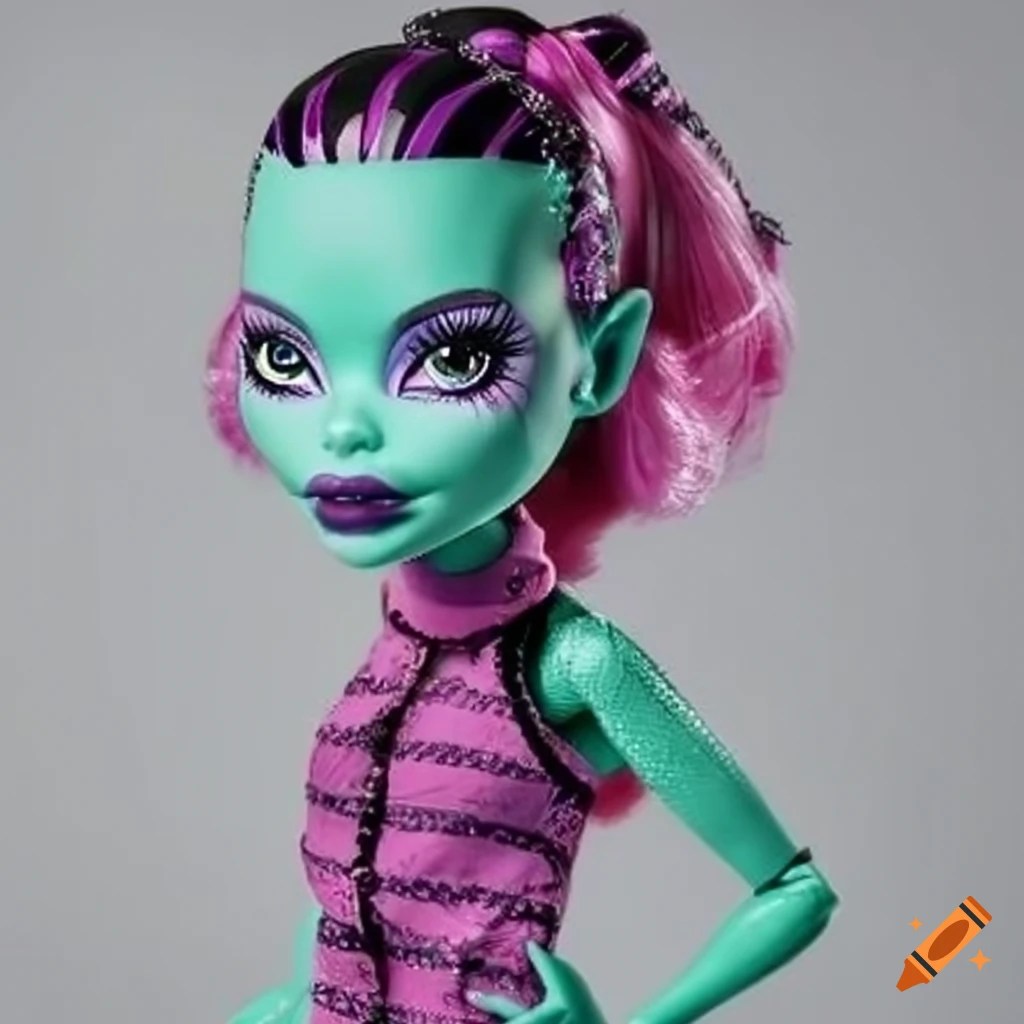The Shapeshifting Definition of "Monster": Why We're All a Little Bit Scary
Remember that time you accidentally wore two different shoes out of the house, only to realize it hours later during an important meeting? You know, that feeling of utter mortification, of wanting to disappear into the floorboards and never resurface? That, my friends, is a tiny taste of what it means to be a monster.
Okay, maybe not exactly. But stick with me here. The concept of a "monster" is a lot more nuanced than a fire-breathing dragon or a ten-eyed sea creature (though those are pretty cool too). It's a term that's as slippery and shape-shifting as, well, a monster itself. What makes something – or someone – monstrous is often less about physical appearance and more about the unease it evokes, the way it challenges our comfort zones and forces us to confront the shadows lurking within ourselves.
We tend to label anything that deviates from the norm, anything that inspires fear or disgust, as "monstrous." It's a way of creating distance, of saying "that's not me, that's something other." But what happens when the line between "us" and "them" starts to blur? What happens when we recognize a little bit of the monster within ourselves?
This exploration isn't about glorifying actual acts of violence or cruelty. It's about understanding the cultural significance of "the monster," and how it reflects our deepest anxieties and desires. It's about acknowledging the monster within each of us – that messy, complicated, often contradictory part of ourselves that we try so hard to keep hidden. Because, let's face it, haven't we all, at some point or another, felt like the villain in someone else's story?
Think about the books we read, the movies we watch. Monsters captivate us. They make us question, they make us think, they make us feel. They reflect our fears, our prejudices, our fascination with the unknown. And while a fire-breathing dragon might be a tad unrealistic (or is it?), the anxieties it embodies— fear of the unknown, the destructive power of nature— are very real.
Throughout history, different cultures have had their own interpretations of what constitutes a monster. From mythical creatures in ancient folklore to the villains in modern horror films, monsters have served as cautionary tales, embodiments of our deepest fears, and reflections of societal anxieties. They expose the dark underbelly of humanity, reminding us that sometimes the scariest monsters aren't hiding under the bed, but within our own hearts.
But here's the thing: acknowledging the monster within doesn't have to be a terrifying experience. In fact, it can be incredibly liberating. It allows us to embrace our flaws, our imperfections, those parts of ourselves that we'd rather keep hidden. It allows us to be more compassionate, more understanding, more human.
So, the next time you feel like a monster, whether it's because you accidentally replied all to an email or you tripped and fell in public (we've all been there), remember this: it's okay to embrace the messy, complicated, monstrous parts of yourself. In fact, it's what makes you beautifully, authentically human.
Emily compagno single divorced
Sailing the grand line the enduring appeal of one pieces straw hat characters
Unlocking history the power of wwi word searches














